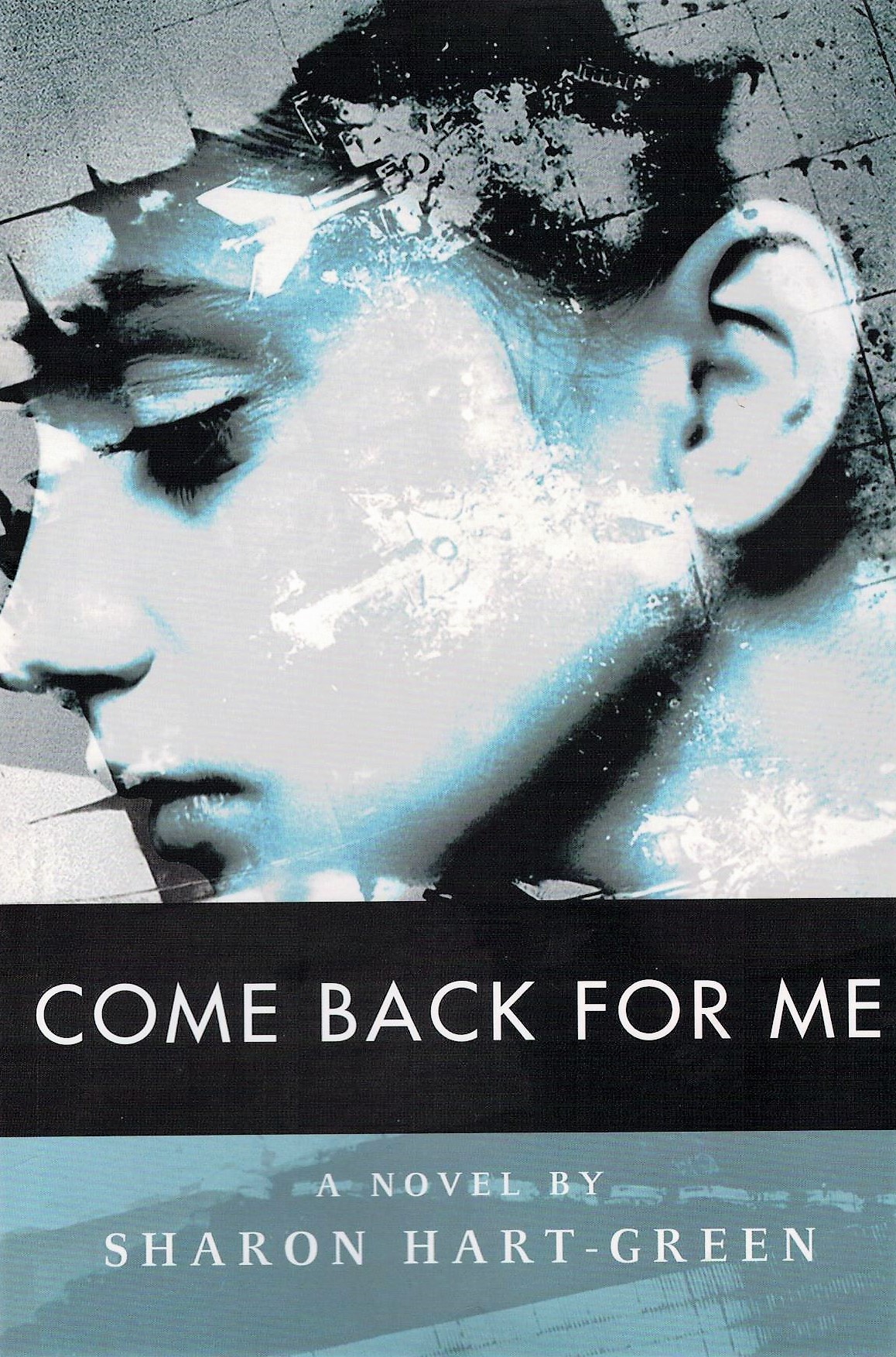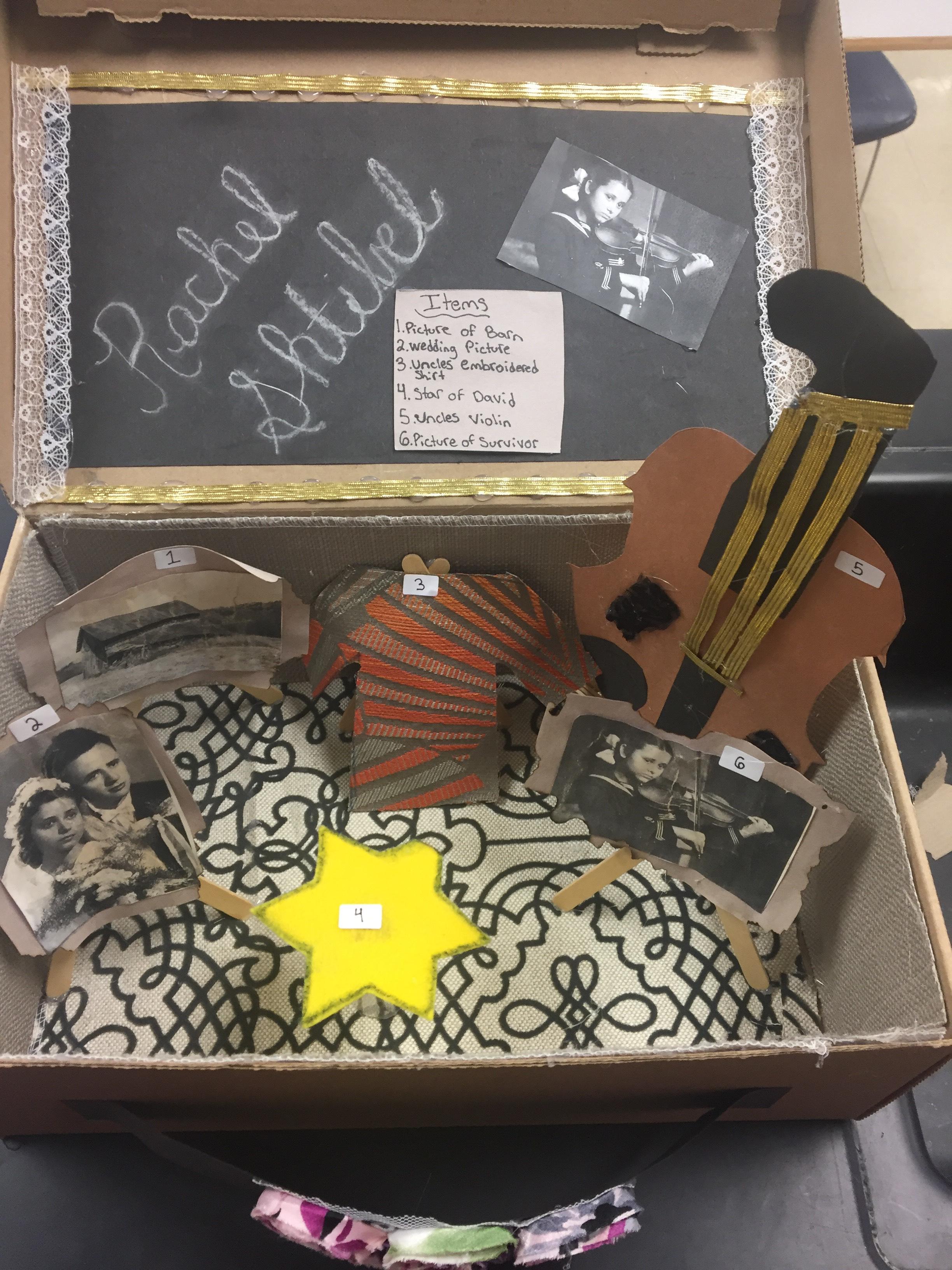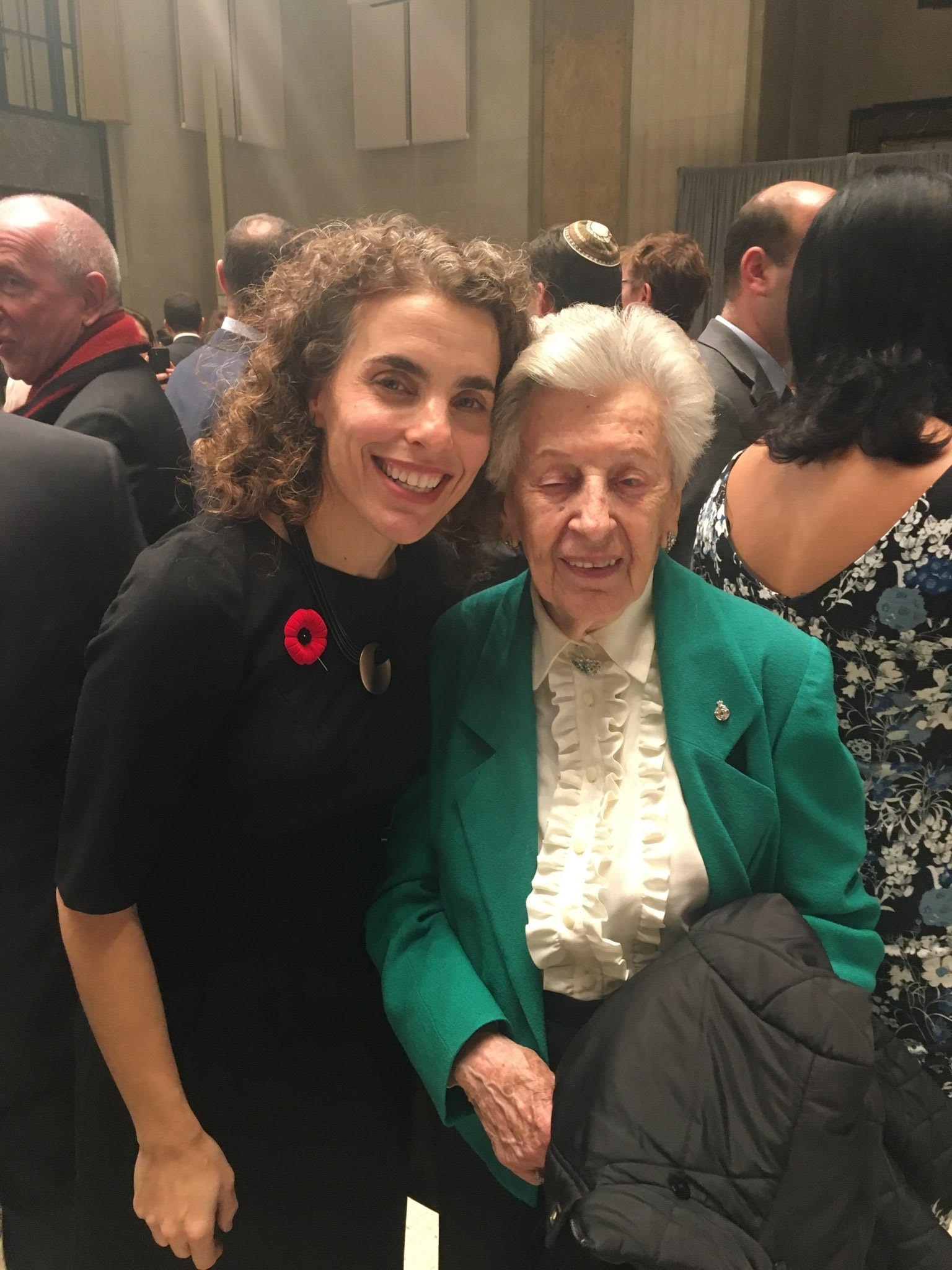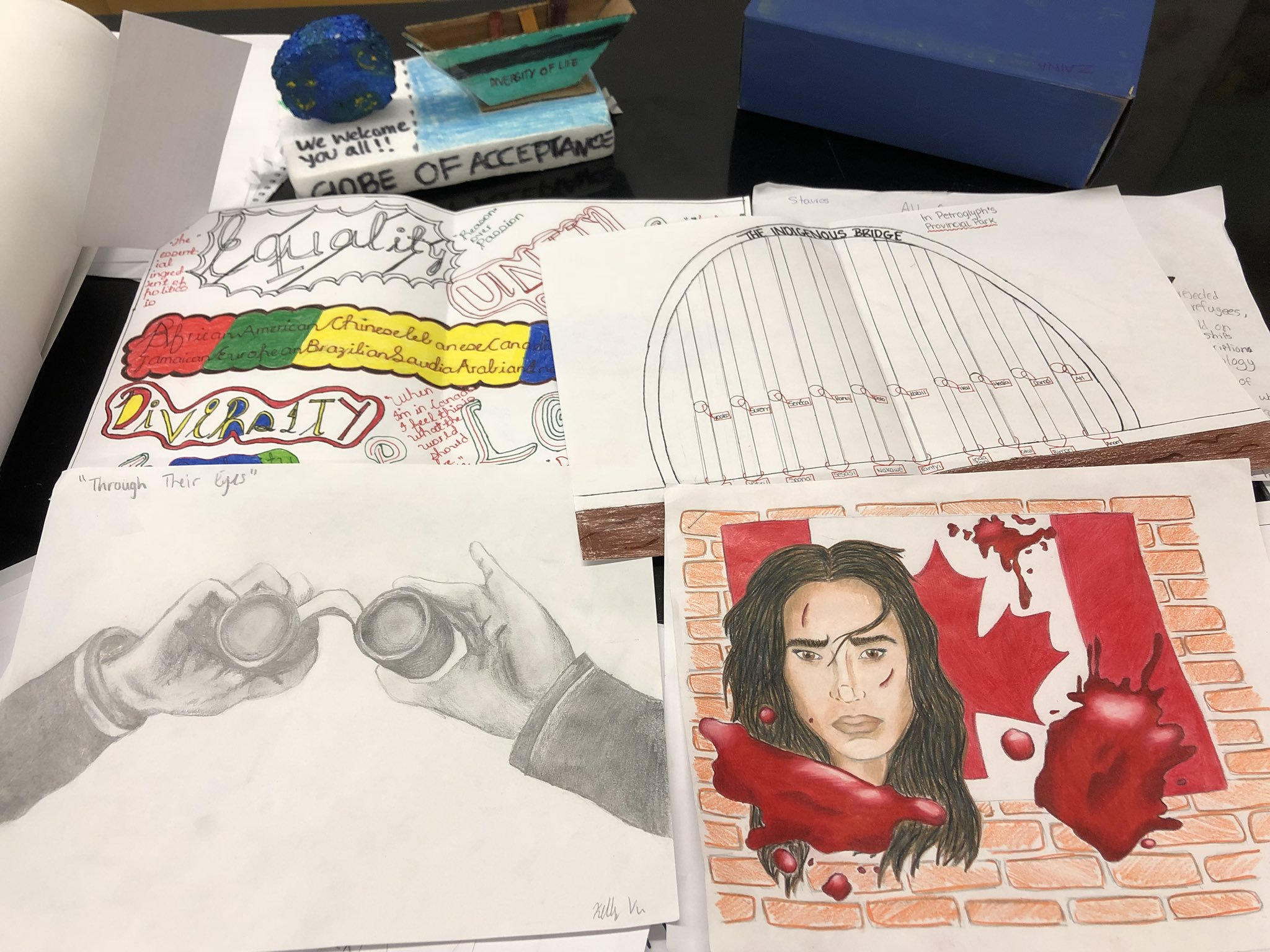This blog has been re-posted from the FacingToday blog post written by Kaitlin Smith, a Marketing and Communications Writer for Facing History and Ourselves.
Topics: Holocaust Education, Holocaust and Human Behaviour, international holocaust remembrance day
“Trust is not just something that you ‘organize’, it’s earned over time”: Approaches to Gathering Trust-based Testimony and Research Methodologies
Posted by Charlotte Schallié and Ilona Shulman Spaar on March 4, 2021
This is the 2nd blog in a 2 part series. Click here to read Part 1 which discusses the project and art as a critical tool of inquiry.
Topics: Holocaust, Survivor Testimony, Museum Studies, Holocaust Education, Holocaust and Human Behaviour, Graphic novels
When Storytelling Intersects with Holocaust & Human Rights Education: An International Education Project Initiated in Canada
Posted by Charlotte Schallié and Ilona Shulman Spaar on February 25, 2021
This is the 1st blog in a 2 part series. Part 1 discusses the project and art as a critical tool of inquiry. Part 2 explores the process and approaches to putting together testimony and historian research methodologies for educators interested in teaching students what active historian work looks like.
Topics: Holocaust, Museum Studies, Holocaust Education, Holocaust and Human Behaviour, Inquiry, Graphic novels
No PowerPoints, No Prezis: A Creative Genocide Course Inquiry Project
Posted by Lindsay Hutchison on November 19, 2019
In this blog post, British Columbia educator Lindsay Hutchison shares how she engaged her Genocide 12 course students in an inquiry project on resistance during the Holocaust. She walks us through the design and reflection behind this project and shares her assignment outline and several of the students' creative responses.
Topics: Genocide/Collective Violence, Holocaust Education, resistance, Genocide and Crimes Against Humanities Course, Holocaust and Human Behaviour, Inquiry, Creative
“Those who do not learn history are doomed to repeat it.” How many of us have heard this quote or a variation of it? Sayings like these are repeated so often nowadays that they have lost meaning. People will complain, “I don’t need you to lecture me, I already know all this,” “The past is the past, leave it behind where it belongs,” or a blatant dismissal from those who are so cemented in the now, that they refuse to see the truth right in front of them.
Topics: Student Voices, Choosing to Participate, Armenian Genocide, Students, Facing History and Ourselves, Holocaust Education, Rwanda, Student Work, Genocide and Crimes Against Humanities Course, Equity in Education, Facing Canada
As an educator, I used to think true learning was my teacher content knowledge level or how much information I could get out there to students. Here’s what I thought should happen: students would learn information,reproduce it in the way I wanted them to, and then that would be a good measuring stick for how much they knew. However, In the 21st century with a world of information availability at your fingertips, this approach has become more and more obsolete.
Topics: Identity, Holocaust Education, Holocaust and Human Behaviour, facing history pedagogy, Facing Canada
Readers often ask what compelled me to write a novel about the Holocaust. After all, I am not the child of survivors. In fact, most of my family came to North America well before the outbreak of WWII.
Topics: Holocaust Education, Literature, Holocaust History in Canada
As the blog manager for Facing Canada, I have the privilege of working with many very talented, dedicated and creative teachers. There are so many teachers who come up with fantastic and meaningful projects and assessments for students that deepen learning and pique student interest. I have often been inspired by projects posted, and recently had a chance to adapt one for my own classroom that had been on my mind for awhile.
Topics: Identity, Holocaust Education, Salvaged Pages, facing history pedagogy, Azrieli Foundation Memoirs, Holocaust History in Canada, Facing Canada
My Reflections on Canada’s Apology for the MS St. Louis
Posted by Leora Schaefer on November 15, 2018
As part of a Facing History and Ourselves course, educators and students reflect on the power of apology. These apologies are often examined within the context of transitional justice. In Canada our students explore the apology given by the Canadian Government for their role in the establishment of Indian Residential Schools. In advance of a close reading of this apology, students and their teachers consider moments in which they have either given or received a meaningful apology.
Topics: Holocaust, Survivor Testimony, Holocaust Education, Holocaust and Human Behaviour, apologies, Holocaust History in Canada
Going Beyond Canada 150: Memorial Design as a Course Culminating Task
Posted by Mike Elias on October 29, 2018
Why is studying history relevant?
Canada Day, Independence Day, Bastille Day. Theses are days of celebration. People gather, wave flags, watch fireworks, and enjoy a long weekend in celebration. But what exactly are these days in celebration of? Why do we mark particular days with significance? Are these days equally as important for all people? Why do we honour the people we do? Are these people significant for all groups and generations? Can we change the way we remember individuals or honour new ones in light of new information?
Topics: Student Voices, Holocaust Education, Memorial, Student Work, legacy, Grade 10 History, CHC, Black History, Decolonizing Schools, culminating

.webp)

.png)






